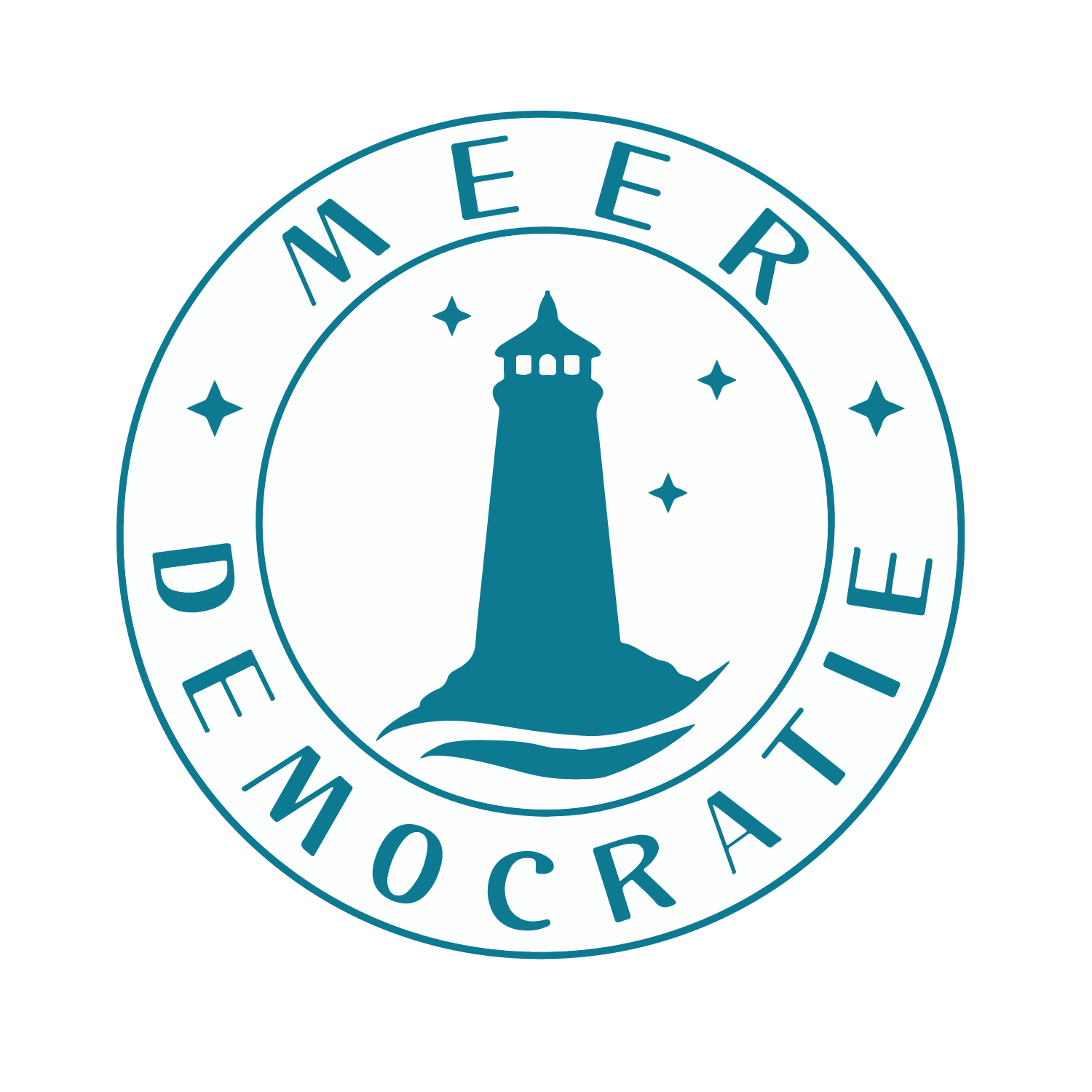Over 'The EU Propaganda Machine'
Excerpt from the book: 'Each founding father of a Western democracy must feel betrayed in view of the actual state of affairs in the European Union. In Brussels and Copenhagen the uneasiness is rising, as well.'
But instead of taking on the challenge of correcting the EU's construction faults, its drawbacks and problems are being covered up. Propaganda instead of principal reform is the motto. And at the centre we find Margot Wallström, the Swedish EU-Commissioner for Communication. Before the EU-parliamentary elections in June 2009, she warned Hans-Gert Pöttering, the then acting President of Parliament, in a personal letter: 'The legitimacy of your parliament and that of the entire European Union is at risk.' The formula she offered: an unprecedented media offensive. 'Through our contacts we are going to request radio and television stations to broadcast more EU programmes and subjects', said Wallström. (1) The representatives of the EU Commission were going to 'design their communication activities accordingly'. The budget for this campaign amounts to 17 million euro. At the end of her letter, the vice-president of the EU Commission is reassuring the highest representative of the EU parliament: 'As you may well see, our envisaged actions are substantial.'
The promotion of TV reporting on the European Union was already put out for tender, and there we can read how this is supposed to take place. When applying, the broadcasters do not only have to state 'name, tasks and language skills of the respective personnel, journalists in particular', but must also describe their broadcasting philosophy and also have to sign on 'broadcasting European programmes regularly and at prime times'. (2) When the plans became known in 2008, the feuilleton of the Frankfurter Allgemeine Zeitung entitled its article The European Union Buys News Coverage. The subtitle read: Amazingly enough and almost unbelievably, the European Union pays for convenient reports (3).
But within Brussels' political circles hardly anyone is responsive to such criticism. Rather one moves up a gear: Apart from Wallström's money, the European Parliament had at first made an allowance of 11.3 million euro in the official budget for an 'information and communication campaign' round about the 2009 European elections. But at the end the amount was doubled to more than 23.3 million euro (4), although performing and financing these elections is the business of the national states. Also the financial means of the fractions 'for information activities performed in connection with the European elections' were quietly raised by 11 per cent to 56.7 million before the end of the year (5). The trick that was used is the following: the increase is done by so-called 'transfers of funds' which must be approved of by the president of the budgetary commission and does not need to be dealt with in the plenary session. That is why hardly anyone takes notice of it. All this is part of a cleverly thought-up propaganda strategy, which helps to present the European Union in a much brighter light than fits its political reality. Thus, 'some media such as the Financial Times benefit from privileged access to the European Commission, and are in turn purposefully used for the launching of exclusive news before the publication of reports', describes a longstanding ambassador to the European Union a Brussels custom (6). 'If anyone added up all financial means which are invested into EU-propaganda, he would arrive at horrific sums.'
